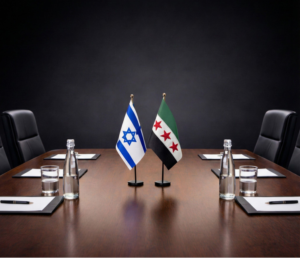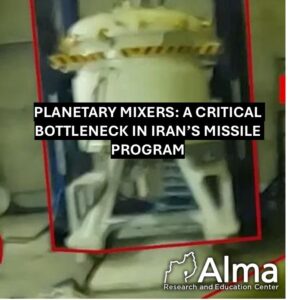According to various reports, Hezbollah has recently adopted a policy of cutting education and healthcare budgets intended for the welfare of families of fallen Hezbollah operatives. The organization responsible for supporting and caring for these families is “Al-Shahid,” which operates under Hezbollah’s Executive Council.
In light of economic challenges, Hezbollah may be redirecting funds toward rehabilitation and military preparedness, maintaining only the minimum necessary for civilian welfare budgets.
Details of the budget cuts:
- Tuition funding cuts: Families of the deceased are now required to enroll only in the public Lebanese University or in “Al-Maaref University,” affiliated with Hezbollah. Funding is limited to registration fees only, with no additional coverage.
- School education cuts: Children of the deceased may only attend Hezbollah-owned schools, such as “Al-Mahdi” and “Al-Mabarrat.”
- Healthcare payment cuts: Support remains only for treatment at medical institutions belonging to Hezbollah’s Islamic Health Organization.
Hezbollah is clearly facing economic difficulties, stemming from two main causes:
Prioritization of Iranian funding sources and disruptions in the financial channels and money transfers to Lebanon.
These budget cuts follow reports that Hezbollah’s bank, “Al-Qard Al-Hassan,” announced a freeze on payments until further notice—a freeze linked to prioritizing military readiness budgets.
According to available information, “Al-Shahid” may also be directly funded by Iran, which provides payments for each fallen operative. The money transferred to “Al-Shahid” reaches families via the Iranian bank “Bank Saderat Iran,” which has four branches in Lebanon: two in Beirut (Ghobeiry and Burj al-Barajneh), one in Sidon, and one in Baalbek.
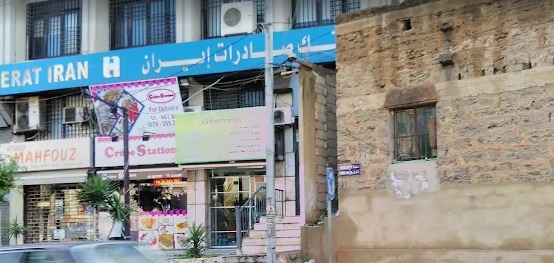
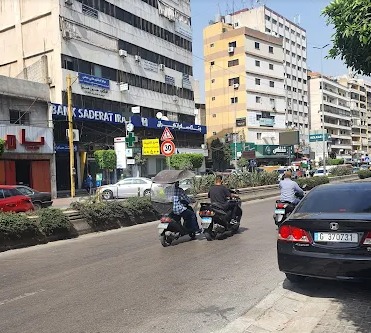
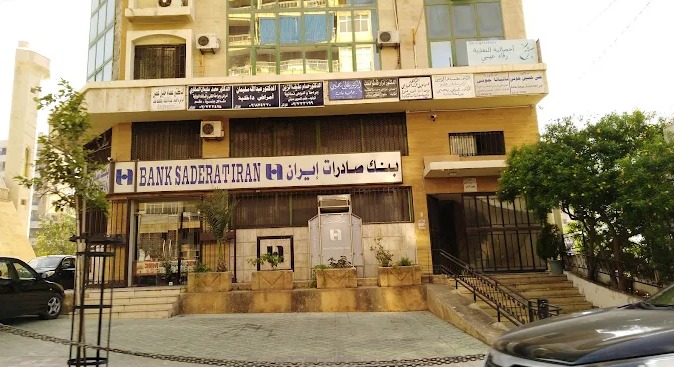
Three factors make Hezbollah’s civilian base a captive and loyal audience: economic dependence, ideology, and fear. Economically, Hezbollah ensures continued education and healthcare services for families of the deceased but restricts them to Hezbollah-run institutions. This may cause frustration among some families, but shared ideology and fear of Hezbollah’s security unit likely prevent significant dissent or public criticism.
The “Al-Shahid” organization, established in 1989, is part of Hezbollah’s civilian infrastructure designed to create economic dependence and maintain loyalty among its Shiite base. Hezbollah’s Executive Council oversees this infrastructure, which enables its military operations. Civilian bodies under the council, including “Al-Shahid,” actively support Hezbollah’s military activities.
“Al-Shahid” is considered a central welfare mechanism within Hezbollah, investing tens of millions of dollars annually in support and care for families of fallen operatives. Basic financial benefits include monthly stipends, housing, healthcare, education scholarships, and more.
The organization is also responsible for commemorating fallen Hezbollah operatives and runs campaigns glorifying “martyrs” and encouraging others to become martyrs.
“Al-Shahid” was added to the sanctions list in 2020. Its CEO, Jawad Nour al-Din, is a member of Hezbollah’s Shura Council.
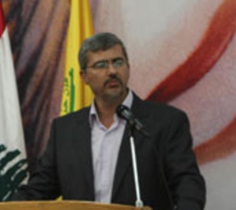
Official website of “Al-Shahid”: shaheed.com.lb
*Featured image on top – Logo of the “Al-Shahid” Organization



